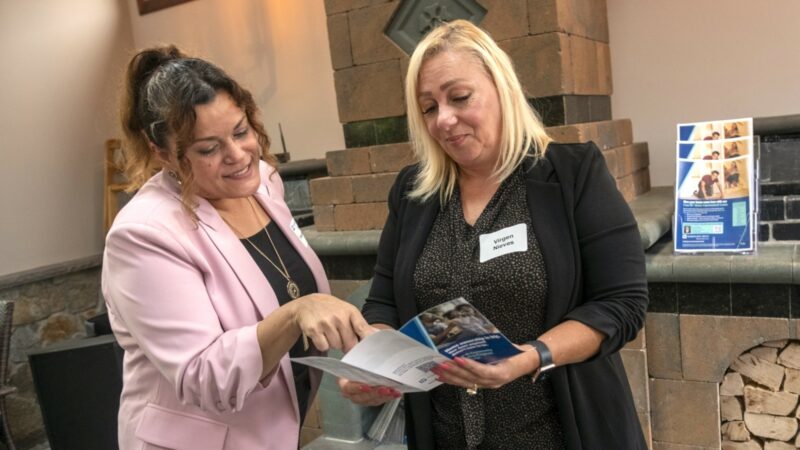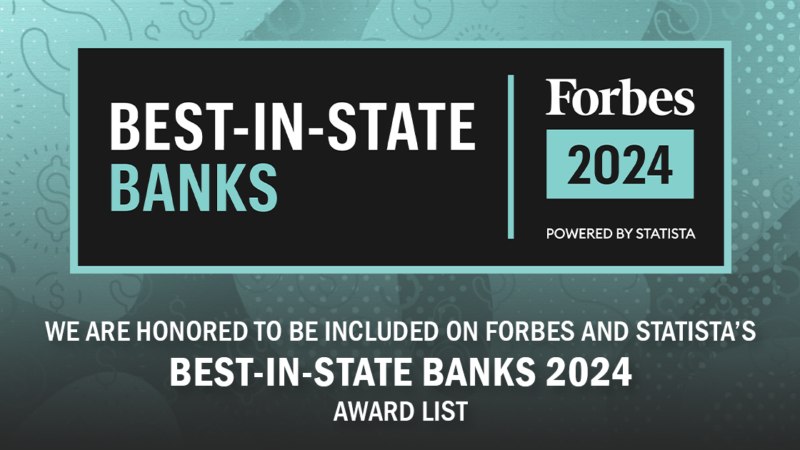What is an Overdraft?
An overdraft occurs when you don’t have enough money in your account to cover a transaction. Fees often apply when a transaction causes your available account balance to drop below $0.
Transactions may include debit card purchases, checks, cash and electronic withdrawals, or online payments.
What happens if I overdraw my account?
If you spend more money than you have available in your account, your account will be overdrawn and may be charged a fee. Washington Trust may also decline your transaction.
To help you better manage your finances, we offer three easy ways to help reduce your chance of overdrawing your account and protect you from overdraft fees and declined transactions if you do overdraw your account.
Three Easy Ways to Manage Overdraft Fees
- Transfer Overdraft Protection
Transfer Overdraft Protection links your checking account to any one of your Washington Trust deposit accounts (excluding CDs) to provide funds to cover accidental checking account overdrafts. Transfer Overdraft Protection is FREE with any Washington Trust account. - Credit Reserve
Credit Reserve, our consumer overdraft line of credit, provides overdraft protection to your personal checking account through a line of credit that is available when you need it. - Digital Banking Services
Our Digital Banking Services help you manage your finances and help prevent overdrafts. With Online Banking, you can check account balances, transfer money between accounts, pay and receive your bills electronically, and more. Online Banking is FREE with any Washington Trust account.
Click here for more information about Overdraft Protection.













